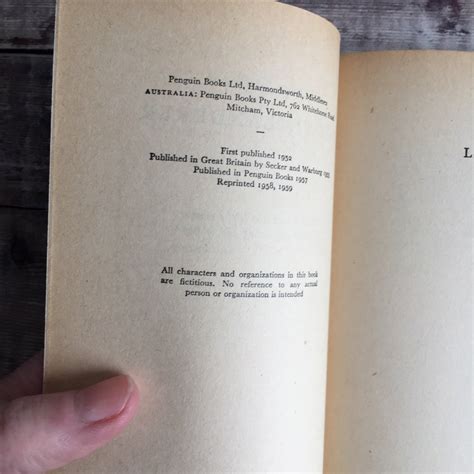A Quote by Diana Gabaldon
Cultural concepts are one of the most fascinating things about historical fiction.
Quote Topics
Related Quotes
Cultural concepts are one of the most fascinating things about historical fiction. There's always a temptation, I think, among some historical writers to shade things toward the modern point of view. You know, they won't show someone doing something that would have been perfectly normal for the time but that is considered reprehensible today.
Our teaching of mathematics revolves around a fundamental conflict. Rightly or wrongly, students are required to master a series of mathematical concepts and techniques, and anything that might divert them from doing so is deemed unnecessary. Putting mathematics into its cultural context, explaining what is has done for humanity, telling the story of its historical development, or pointing out the wealth of unsolved problems or even the existence of topics that do not make it into school textbooks leaves less time to prepare for the exam. So most of these things aren't discussed.
Meanwhile, however, what’s most bothersome about Pulp Fiction is its success. This is not to be mean-spirited about Tarantino himself; may he harvest all the available millions. But the way that this picture has been so widely ravened up and drooled over verges on the disgusting. Pulp Fiction nourishes, abets, cultural slumming.
Writers of historical fiction are often faced with a problem: if they include real-life people, how do they ensure that their make-believe world isn't dwarfed by truth? The question loomed large as I began reading 'The Black Tower', Louis Bayard's third foray into historical fiction and fifth novel overall.


































